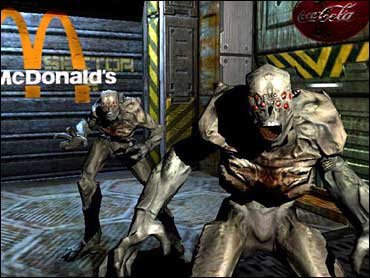
Is it unprofessional to write a love letter to a publisher or developer? Whether it is or not, I’m going forth and stating my compassion towards Bethesda and all they’ve done to keep me glued to Fallout 3 for dozens of hours on end without any stopping point in sight. This is something more than just my extreme satisfaction with a particular game (though it’s certainly part of it) it’s a model that developers should aspire to achieve in an effort to satisfy gamers over a longer stretch of time. Sticking strictly to console based games, there are two extremes here. On one hand you have the mentioned Bethesdas and Criterions of the industry that work towards expanding their titles beyond the initial feature set offered on the disk. I should give Criterion a special nod for making its first wave of Burnout Paradise content free, but that’s another topic entirely. On the other end of the spectrum, you get the guys at Grin who recently put out the Terminator Salvation game and Wanted: Weapons of Fate which offer nothing more than a story mode clocking in under five hours of gameplay with little else to offer. I’m not putting down Grin for making bad games, but rather using them as an example to point out the minimum that can be put in a game that sells for $60. Rushing through Fallout 3 will take between fifteen and twenty hours. How’s that for a value? Playing through the game and seeing everything could take up to sixty hours when, again, you’re rushing. Not only that, but once you finish the game, you can download content that seamlessly integrates itself into the game adding new missions, sometimes in new locales, to an already massive world with sure to be unexplored terrain. Criterion is offering another island to their massive world that is Paradise City after already giving away motorcycles, a day/night cycle, new multiplayer modes, and a restart function to races! They gave it away! Capcom should have thought about that before charging $5 for the adversary mode in Resident Evil 5, which was already on the disk to begin with.
Allow me to summarize: I won’t be buying Terminator Salvation because it’s $60 for a five hour game. I will, however, continue to buy additional content for Fallout 3 and Burnout Paradise. Recent drops in game sales prove that gamers are being more selective about their purchases and as a result will be looking towards the future and how a game will continue to stay fresh. It’s why World of Warcraft has stayed so popular and continues to attract new users. It’s why I’m still playing Burnout Paradise over a year after I bought it. Most importantly, it’s why anyone is still playing any given title long after it’s release.
- Jason Polansky



